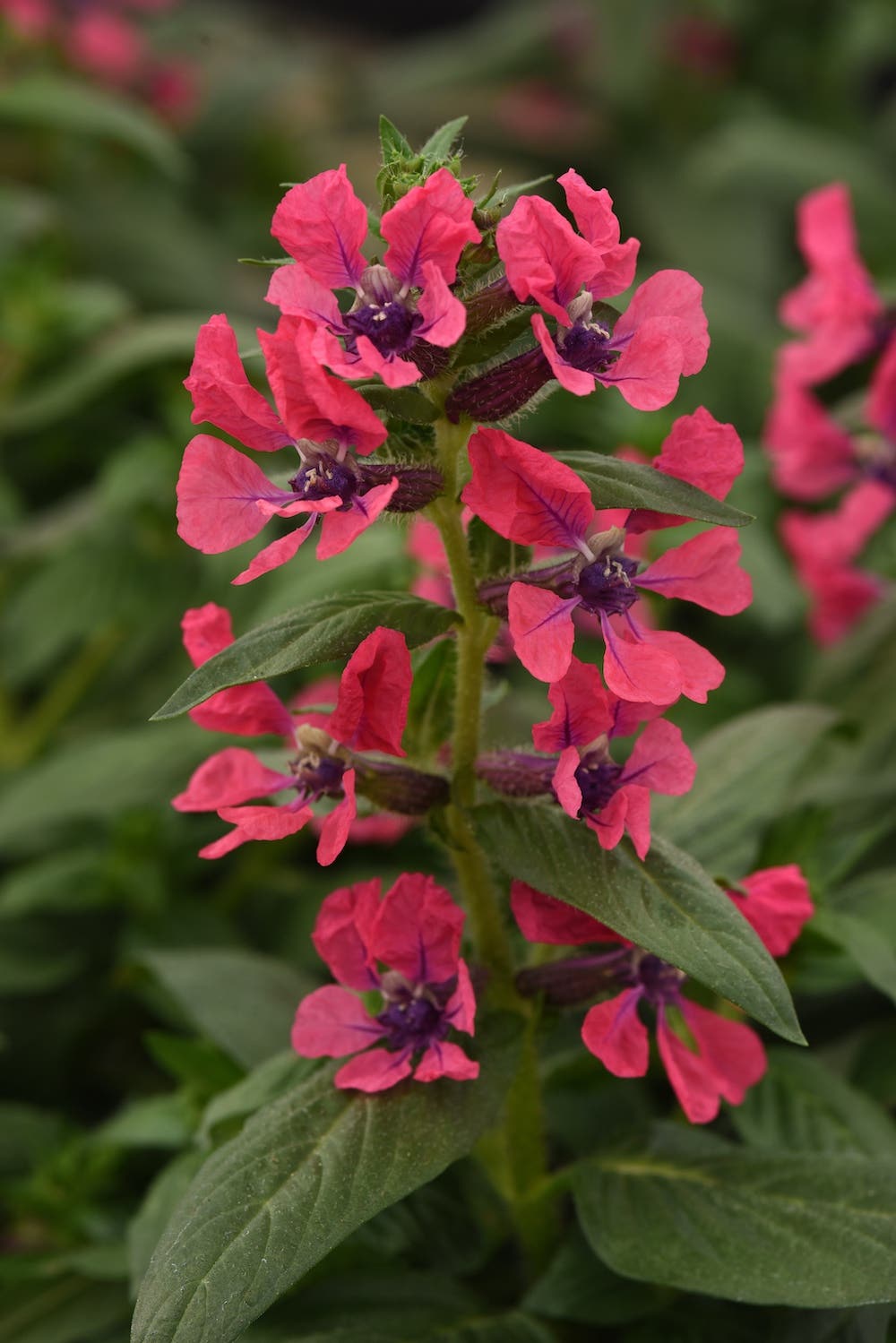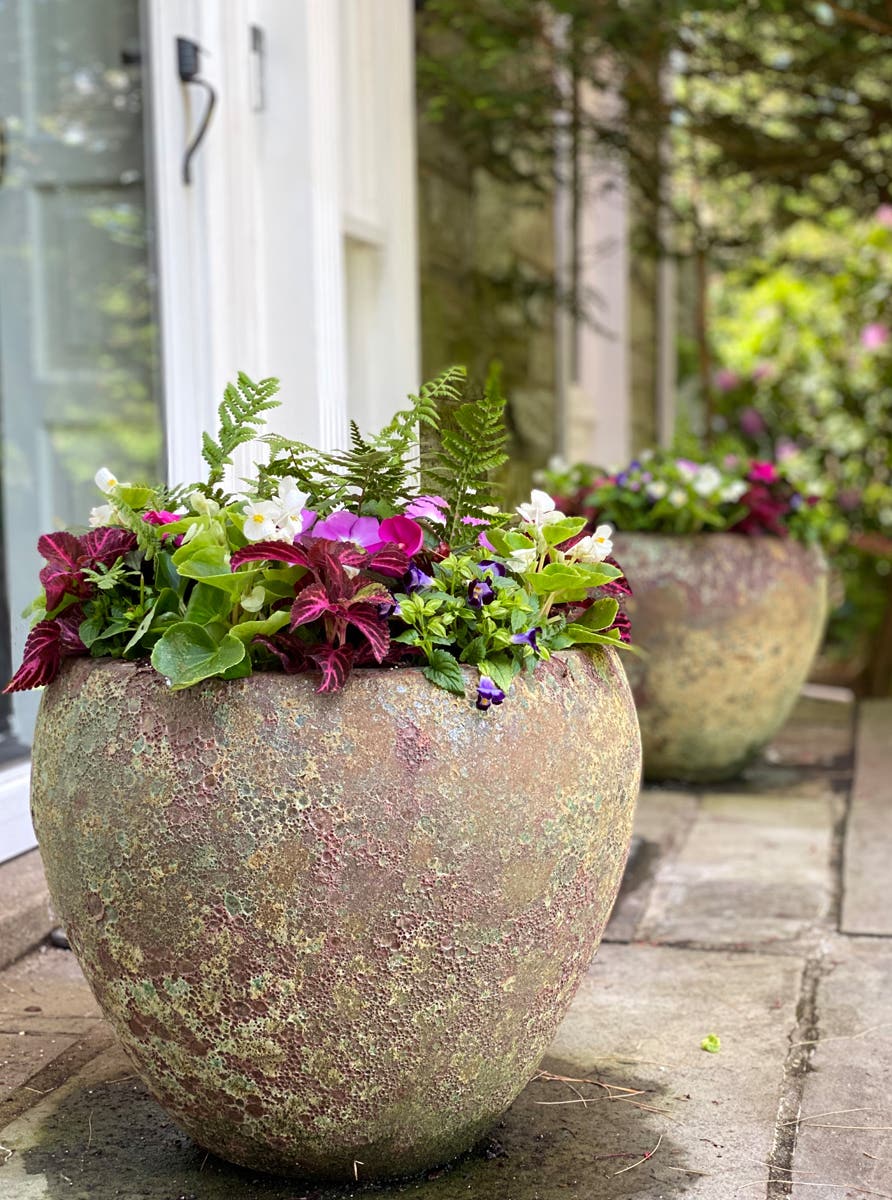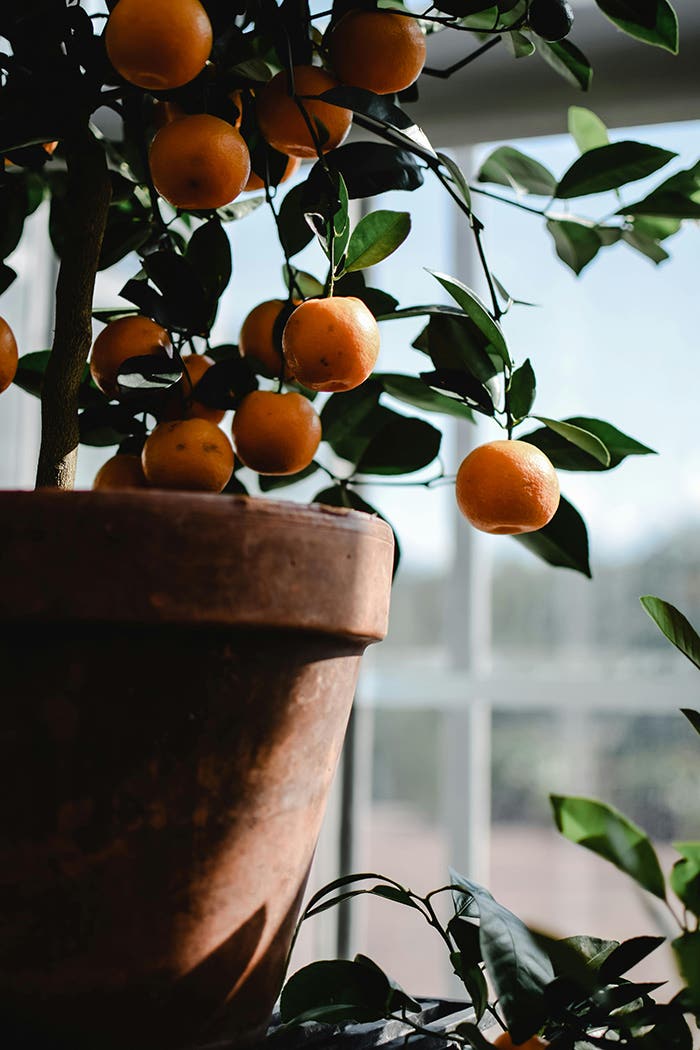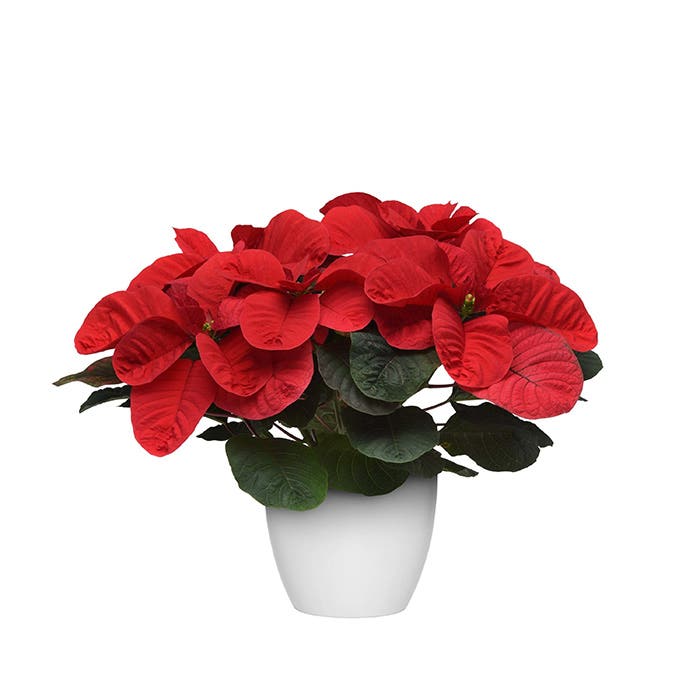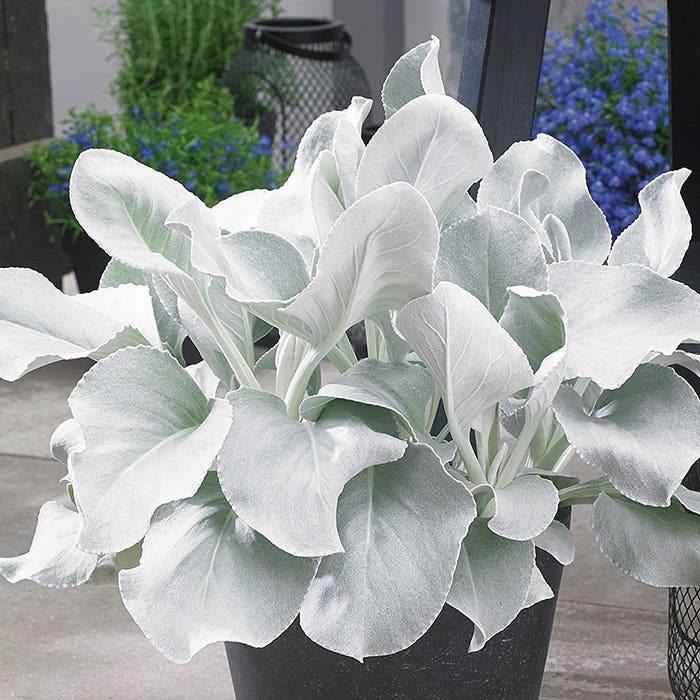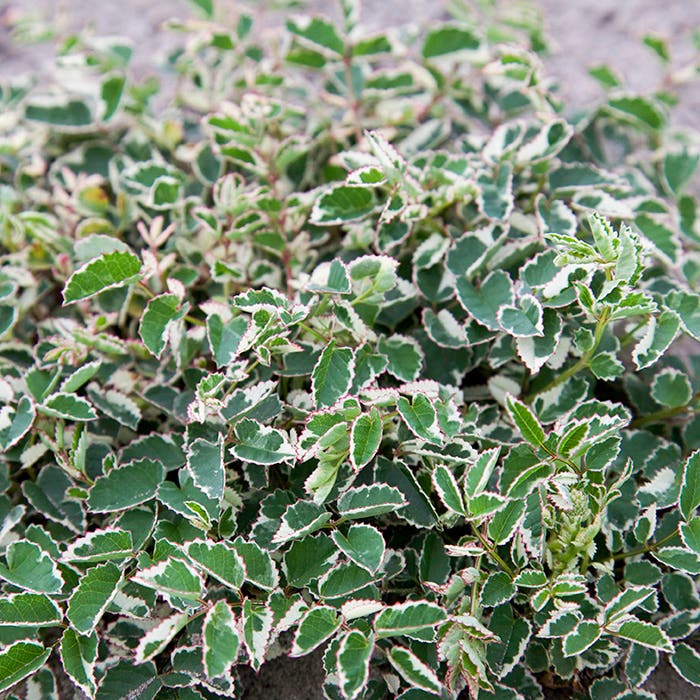Houseplants and Cats: Tips for Harmonious Living
Ensure your feline friend and foliage thrive together
Last summer we took in a stray kitten who showed up at our back door. Neither my husband nor I had owned a cat since childhood, so we were wading into new territory here. Coincident with this we completed our long-planned greenhouse off the back of the house and stationed Scout’s litter box in there. As the weather turned colder, we brought many of our outdoor plants into the greenhouse to overwinter, and Scout was suddenly, and happily, surrounded by plants.
I noticed two types of behavior I didn’t like, and I decided I’d better seek advice. One, she was scratching and digging in the soil of several plants and kicking the soil onto the floor. Second, she was chewing on some of the plants, and I wondered if this might be unhealthy.
A friend of mine suggested I get in touch with Dr. Lucy Dayton, a retired veterinarian in Helena, Montana, who is also an avid gardener and plantswoman. She immediately appreciated the dilemma I face, and she pointed me to a small group of credible websites, steering me clear of the many dubious ones on the internet. Here’s what I learned. (The reputable websites are listed at the end of this article under "Recommended webpages.")
Poisonous houseplants to avoid if you have cats
Lilies top every list of plants that are poisonous to cats. Even a small amount ingested can cause life-threatening kidney failure. If you like Easter lilies, keep them away from your cat. While most plants are harmless, there are many plants that are toxic to cats, in varying degrees, and some of them, I learned, are plants that I have in my greenhouse (!), including amaryllis, lantana and begonia. While Scout has exhibited no signs of illness (typically it includes vomiting or diarrhea), I will make sure to keep them out of her reach, and in fact we have moved Scout’s litter box out of the greenhouse.
For a list of plants that are poisonous to cats, see this list by the Humane Society of America, or consult your veterinarian. There is also a 24-hour hotline for use in an emergency. The ASPCA’s Animal Poison Control Center is at 888-426-4435. (Have your credit card handy as there may be a charge for this call.)
Tips to make houseplants less attractive to cats
According to the Cornell U. College of Veterinary Medicine website, you can try spraying the leaves with water, then sprinkling them with cayenne pepper. Commercial pet repellents serve the same purpose. Try laying mothballs on the soil to see if the smell repels your cat.
Cornell also recommends laying a little aluminum foil over the soil to prevent scratching in the dirt, decreasing the odds your cat will turn to the plant as a treat. I tried putting down a piece of screen-door material over the soil, and that seems to work. It keeps Scout out and lets the sun in. Small stones would also protect the top surface of soil from her scratching.
Cats crave vegetable matter
The experts say that it is usually indoor cats who eat houseplants because they crave vegetable matter. Our Scout does go outside, but in the winter, there isn’t much vegetable matter for her to chew on. You can get around this by adding lettuce or parsley to her food bowl or switching to a food with higher fiber content. You can also plant oat grass, catnip and catmint in a pot for your cat to enjoy. These are safe for cats.
Recommended webpages:
The ASPCA's "Toxic and Non-Toxic Plants."
HealthyPet.com's "Prevent Poisonings."
Cornell University's "Feline Behavior Problems: Destructive Behavior."
_________________________________________________________________________
Dorian Winslow is the president of Womanswork and is passionate about making the best products on the market for women who garden and work outdoors.


